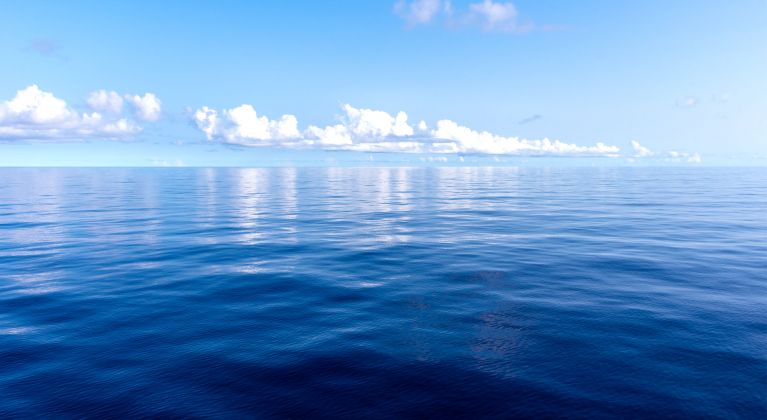
Pollution fines in Turkey
- Home
- Latest updates
- News
- Pollution fines in Turkey
This update is in response to the recent changes in Turkish environmental law and the significantly higher pollution fines that are now being imposed by the authorities. The intention of this update is to enhance Members’ awareness and provide some practical tips for reducing potential exposure to such fines.
Revised level of fines
Pollution fines are imposed under the Turkish Environment Code dated 1983, number 2872. The latest declaration which amended the limits means that some fines have increased in excess of 10%. The following four categories have the subsequent limits for real persons and the level of fine will be multiplied by three for vessels owned by companies. Below are the categories of fine for particular types of pollution for real persons.
Category 1 – pollution from tankers such as petroleum products.
- Up to 1000 Gross Tons: 400 Turkish lira per ton.
- Between 1000 and 5000 Gross Tons: 100 Turkish lira per ton.
- Over 5000 Gross Tons: 10 Turkish lira per ton.
Category 2 – pollution by dirty ballast by tankers.
- Up to 1000 Gross Tons: 72.88 Turkish lira per ton.
- Between 1000 and 5000 Gross Tons: 14.54 Turkish lira per ton.
- Over 5000 Gross Tons: 2.32 Turkish lira per ton
Category 3 – pollution from ships/vessels and other sea vehicles such as petroleum products, fuel oil and other oil waste.
- Up to 1000 Gross Tons: 200 Turkish lira per ton.
- Between 1000 and 5000 Gross Tons: 40 Turkish lira per ton.
- Over 5000 Gross Tons: 10 Turkish lira per ton.
Category 4 – garbage and sewage discharged by ships/vessels and other sea vehicles.
- Up to 1000 Gross Tons: 100 Turkish lira per ton.
- Between 1000 and 5000 Gross Tons: 40 Turkish lira per ton.
- Over 5000 Gross Tons: 10 Turkish lira per ton.
A shipowner can appeal a fine to the Administrative Court, but any appeal must be lodged within 30 days of notification of the fine and the prospects of success are generally low. There is also a 25% discount available if the fine is paid within the appeal period and the Club strongly recommends that Members take advantage of this.
Practical tips for avoiding fines
When a vessel is in Turkish territorial waters the crew should follow the on-board procedures carefully, especially with the regards to washing, checking of valves, and being alert to any problems when undertaking de ballasting operations. As always, it’s crucial to ensure the Oil, Ballast Water and Garbage Record Books are up to date and in order. It is also recommended to video any bunkering, oil supply, sludge/bilge removal operations, at least during the connection and disconnection of the apparatus to rebut any allegations that may be made against the vessel.
If Members regularly call at Turkish ports, it is recommended to make necessary modifications to allocate convenient tanks to collect cargo hold wash water, sewage, galley and grey water.
Further queries as to best practice can be directed to the Club’s Loss Prevention team.
What to do when pollution occurs
The key to minimising Members’ exposure is to act promptly by:
- Collecting and storing any relevant evidence;
- Notifying the relevant authorities and cooperating with their investigations;
- Taking immediate steps to stop the source of pollution and to clean the pollutant; and
- Appointing a clean-up contractor.
Promptness and cooperation with the authorities are of paramount importance because if a shipowner arranges and assists with the clean-up operation, they may only be liable for one third of the total fine. Failure to do so can also result in elevated fines being imposed.
For further and more comprehensive advice on the legal liabilities, advice should be sought from the Club’s correspondent or recommended lawyers.
Daisy Rayner
Claims Syndicate Manager – Europe & Africa

